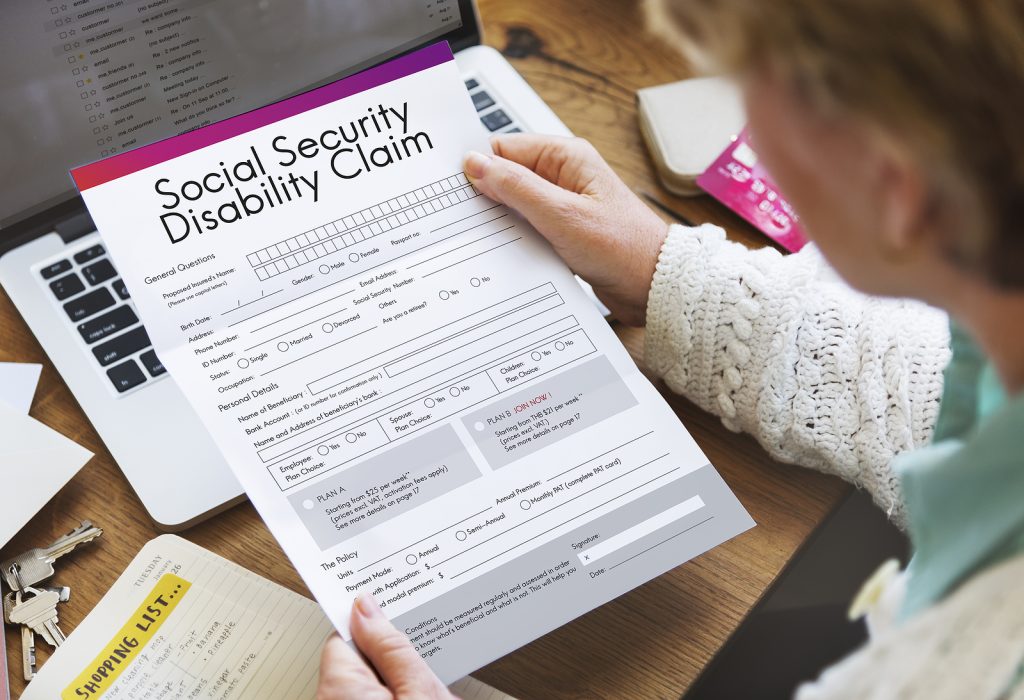Is the California Special Education System in ‘Crisis?’
In early 2020, Governor Gavin Newsom described California’s special education system as a ‘crisis.’ At that stage, the governor proposed a three-phase, multi-year plan to improve financing, services, and student outcomes for special education and students with disabilities. This new plan would include a new formula for allocating funds and increasing funding for special education by hundreds of millions of dollars.
Despite that, in the years since, there has been reason to question and criticize leaders about how well students with disabilities were included in the state’s education investments. There has been very little forward movement in the inclusion (as compared to the segregation) of students with disabilities in community schools.
However, there remains a lot of momentum and will to create more inclusive environments for students with disabilities in California schools. While federal laws are in place to ensure that students with disabilities are well taken care of in the school systems, state laws, and initiatives also push forward to try to ensure that disabled students are having their needs met.
What May Be Considered a Disability?
Not all students may have qualifying disabilities to be considered for special education and other services. However, it is estimated that special education services were provided to nearly 851,000 individuals under age 22 in California school systems from 2023 through 2024.
Qualifying disabilities interfere with the child’s ability to learn in the school environment. Such disabilities may include the following:
- ADHD
- Autism
- Dyslexia and other learning disabilities
- Emotional disorders
- Hearing or speech impairments
- Language impairments
- Physical disabilities
- Visual impairment and blindness
- And more
What is an Individualized Education Plan (IEP)?
An individualized education plan (IEP) is created by school staff and the child’s parent with the disabled student’s needs in mind. The result is a document that contains resources to support a child with disabilities and learning goals for that child.
The law requires that children with disabilities receive an IEP in order to get the special education services they require. The IEP will include information about the student’s performance levels in various tests, learning goals and objectives, and educational problems. The purpose of the IEP is to set reasonable goals.
At the beginning of the process, parents of students with disabilities must attend an IEP meeting with school staff. It may be advisable to bring a binder of materials relevant to your meeting.
IEPs are developed with the input of the following team members:
- At least one of the parents of the student with disabilities
- At least one special education teacher or provider
- At least one general education teacher
- A qualified representative of the school district
- A knowledgeable professional who can interpret the evaluation of the child with disabilities
- Potentially others at the discretion of the parents and the school district
- And, where appropriate, the child with the disability
Are Public Schools Required to Provide Special Education Services to Students with Disabilities?
Since the 1970s, federal law has required that public elementary and secondary schools provide special education services to disabled students. There is a common misconception that special education is a separate place or class for students with disabilities. In fact, the term is designed for instruction, with support and services that enable students with disabilities to access and make progress through their social and academic years alongside their peers without disabilities. The goal is not segregation but rather inclusion.
It is estimated that about one in eight California students receives some services for special education. This has increased since the early 2000s. Statistics also show that the number of students with severe disabilities has been increasing.
Laws require that school districts serve students with disabilities in the least restrictive environments and settings possible. In most cases, most students with disabilities are taught alongside students without disabilities in general or mainstream classrooms. Approximately only about 20% of students with disabilities are taught in special day classrooms alongside other students with disabilities. If a school denies your child a right to a high-quality education because of their disability, they are violating the law.
Is There a Special Education Teacher Shortage in CA?
There is a significant problem with a shortage of special education teachers in the state of California. According to the California Department of Education (CDE), this shortage has persisted for several years. The shortage is felt especially hard in low-income communities.
There are several contributing factors that may contribute to the shortage of special education teachers in the state of California. These may include the following:
- High demand
- Credentialing requirements
- High turnover
- Lack of qualified candidates
While efforts are being made to address the shortages of special education teachers, the problem remains an issue for the California education system.
What Are Your Rights as a Parent of a Student with Disabilities?
Even when the school district follows the IEP creation process to the letter, there are many ways in which students with disabilities could see their legal rights violated in the school system. Violations of rights may include the denial of reasonable accommodations, bullying, discrimination, insufficient training for teachers to implement an IEP, denial of educational opportunities, physical abuse, sexual abuse, and corporal punishment.
If your child with disabilities has been discriminated against or abused in the school setting, you must take legal action by consulting with experienced attorneys right away. Our law firm would be proud to lend you and your family legal assistance in pursuit of the most optimal outcome for your case.
Schedule a Free Strategy Session with Our Legal Team Today
The law requires special education for a child with disabilities, which must enable the child to achieve passing marks on their tests and advance from grade to grade. There are several different settings and services available to students with disabilities in California classrooms. However, sometimes, these services leave much to be desired, and there can be abuses in the system. If you feel that your disabled student child requires services that they are not getting, our legal team would be proud to represent your rights in the pursuit of the most satisfactory outcome to your case possible.
To learn more about our legal services, don’t hesitate to get in touch with our California law firm to schedule your free initial consultation today. You can reach us at 800-975-1866.














